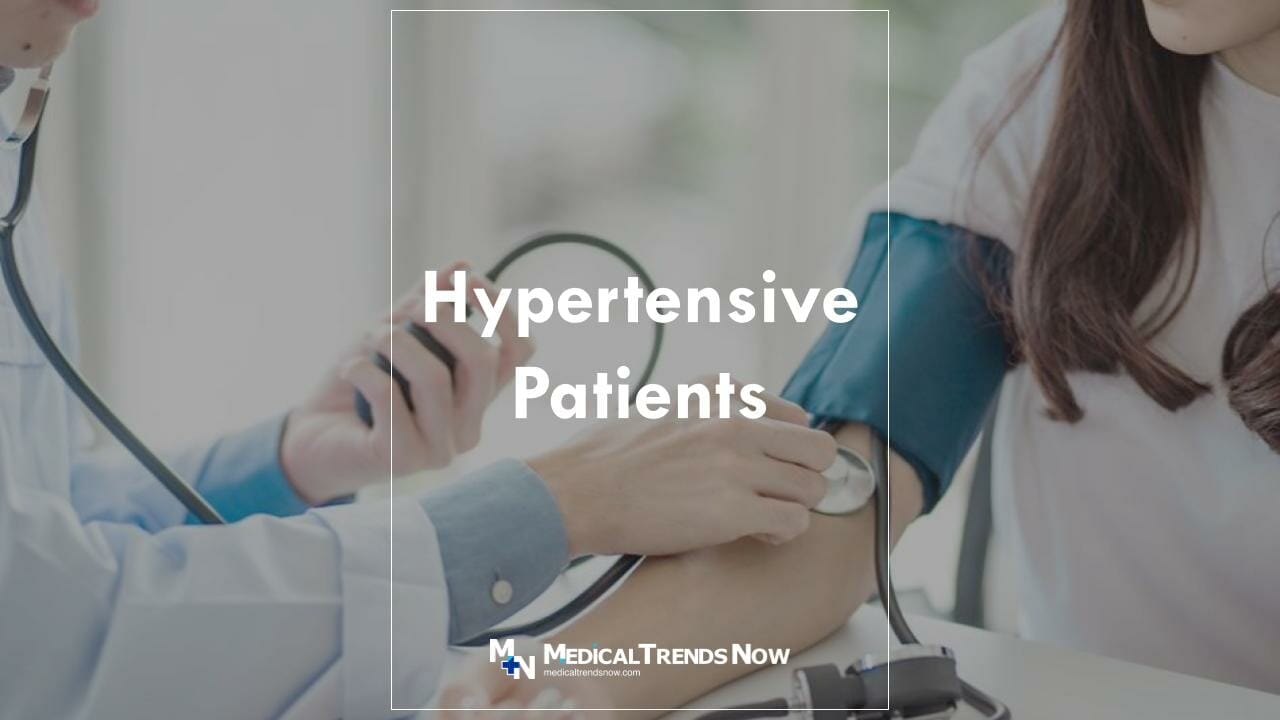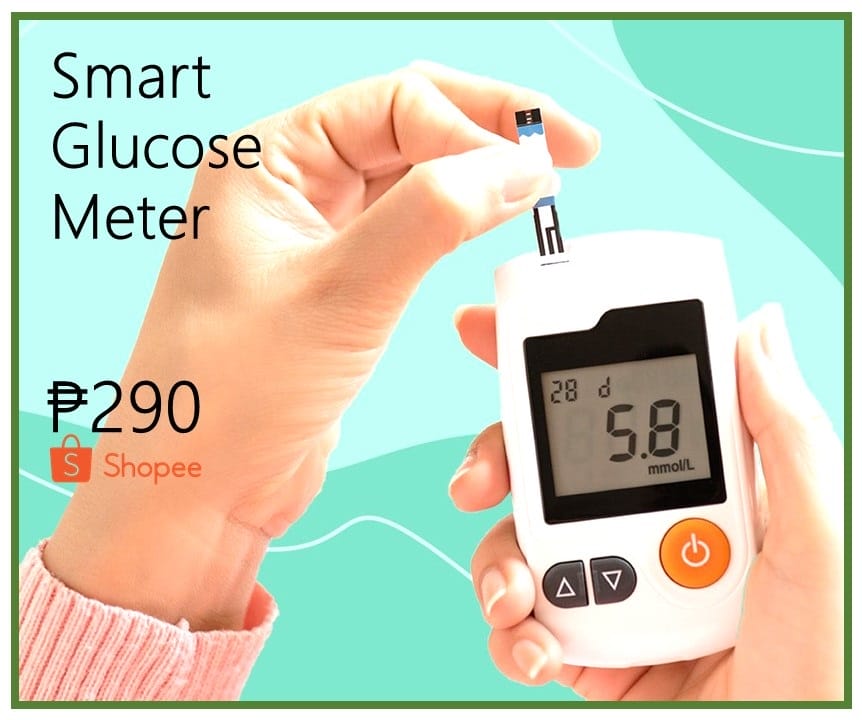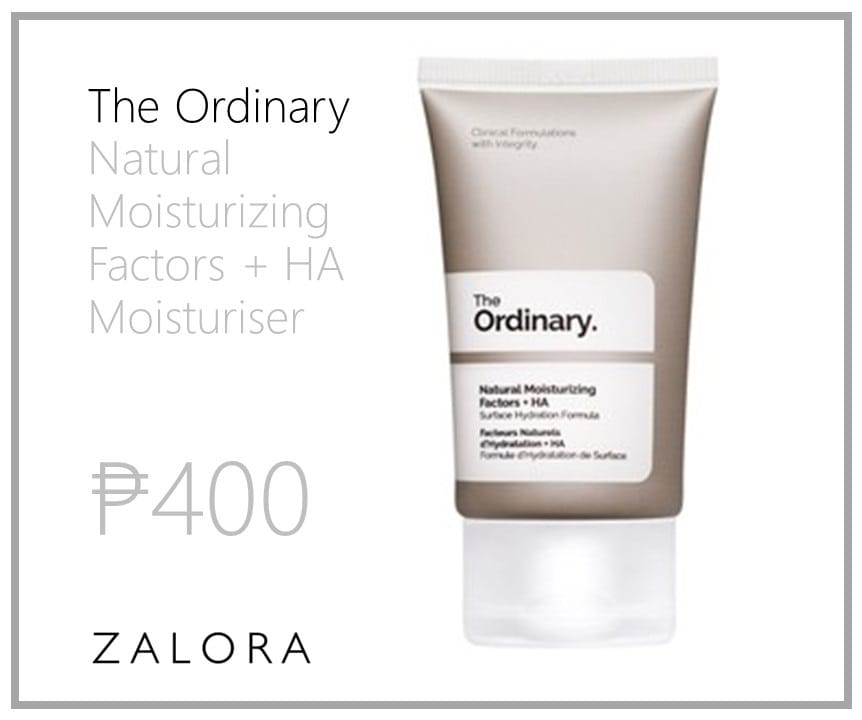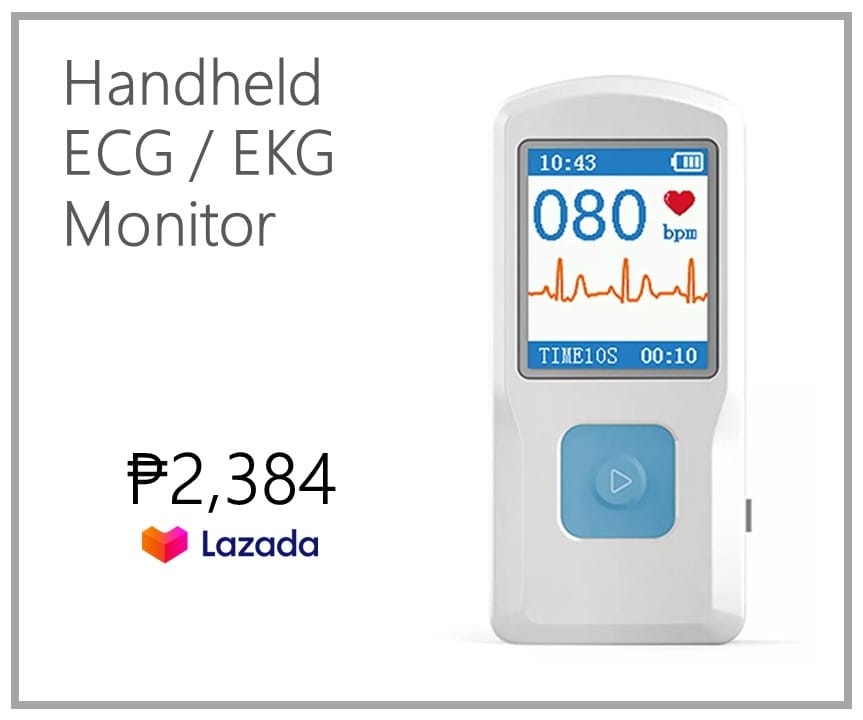Table of Contents
Hypertensive is a medical term used to describe a person who has elevated blood pressure. Elevated blood pressure can be caused by many different factors, including genetics, age, and lifestyle. Most people with hypertension need to take medication to control their blood pressure. However, there are some treatments available that can help manage the condition without medication.
What is hypertensive?
Hypertension is a condition in which blood pressure is higher than normal. The American Heart Association (AHA) defines hypertension as blood pressure that is 140/90 or higher. In most cases, the amount of blood flowing through the arteries is too much for the veins to handle effectively. This can cause damage to the walls of the arteries and lead to heart disease, stroke, and other health problems.

What causes hypertensive?
Hypertension can be caused by many factors, such as age, family history, lifestyle, and diet. In addition, certain medical conditions like diabetes, kidney disease, and hormonal imbalances can also contribute to hypertension. It is important to understand the risk factors associated with hypertension to prevent it or manage it appropriately.
Age is one of the most important factors in determining whether or not someone is at risk for hypertension. People who are older than forty are more likely to suffer from high blood pressure compared to younger individuals. In addition, those with a family history of hypertension are also at an increased risk. Furthermore, people who lead an unhealthy lifestyle, such as smoking and consuming excessive amounts of alcohol, are more likely to develop hypertension.
Finally, an unhealthy diet that includes processed foods and excessive amounts of salt can also increase the risk of hypertension. It is essential to be aware of the potential risks associated with this condition to take steps to prevent or properly manage it.
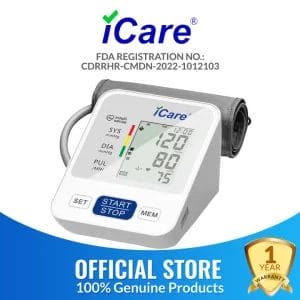
What are the signs and symptoms of hypertension?
Knowing the signs and symptoms of hypertension can help you to recognize if you are at risk and seek medical attention. The most common signs and symptoms of hypertension include headaches, fatigue, shortness of breath, dizziness, chest pain, and vision problems. Other less common symptoms include nosebleeds, irregular heartbeat, blood in the urine, blurry vision, and confusion.
If you have any of these symptoms, it’s important to consult your cardiology doctor for an accurate diagnosis.
How is hypertension diagnosed?
Diagnosing hypertension can be done in various ways and is typically done by healthcare professionals such as cardiologists, doctors, and nurses.
Generally, the diagnosis begins with a physical exam and measurement of the patient’s blood pressure. If the patient’s blood pressure is consistently high, further tests may be conducted to determine its cause. This can include blood tests, urine tests, an electrocardiogram (ECG), and imaging tests such as an ultrasound or CT scan. Depending on the results of these tests, other treatments may be recommended, such as lifestyle changes, medications, or further tests to identify any underlying conditions that may be contributing to hypertension.
With proper diagnosis and treatment, hypertension can be managed effectively and reduce the risk of potential complications.
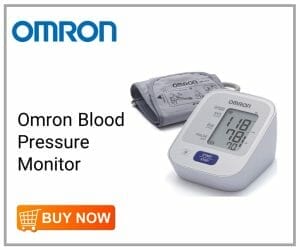
Types of Treatments for hypertension
Hypertension, or high blood pressure, is a serious medical condition that can lead to heart disease, stroke, and other health problems.
Treating hypertension requires a combination of lifestyle changes and medical treatments. Common lifestyle changes include regular exercise, eating a healthy diet, and reducing stress levels. Medical treatments generally include medications and/or procedures. Medications for hypertension may include diuretics, beta-blockers, ACE inhibitors, calcium channel blockers, angiotensin receptor blockers, and other types of drugs. Procedures for treating hypertension can include angioplasty and stenting, carotid endarterectomy, and renal artery ablation. In some cases, patients may also be prescribed lifestyle medications such as weight loss drugs or nicotine replacements.
Regardless of which treatment is chosen, it is necessary for patients to follow their doctor’s instructions and make lifestyle changes to maintain healthy blood pressure levels.
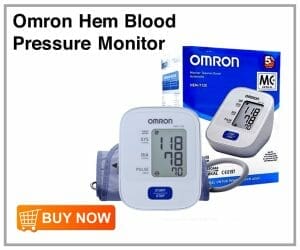
How to prevent hypertension?
- Maintain a healthy weight.
- Exercise regularly.
- Eat a healthy diet with plenty of fruits and vegetables.
- Reduce or eliminate salt intake.
- Limit alcohol consumption.
- Don’t smoke or use tobacco products.
- Limit caffeine intake.
- Manage stress levels.
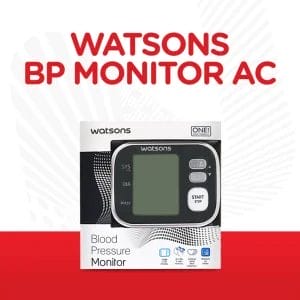
Complications from hypertensive, if left untreated
Hypertension, or high blood pressure, left untreated, can cause a multitude of serious health complications. Hypertension is often referred to as the ‘silent killer’ because it rarely has any noticeable symptoms. If uncontrolled, it can lead to heart attack, stroke, kidney failure, and even death.
Hypertension can also damage the arteries and lead to aneurysms, hardening of the arteries (arteriosclerosis), and heart failure. People with high blood pressure may experience headaches, dizziness, nosebleeds, and irregular heartbeat. In addition to these physical symptoms, chronic hypertension can lead to mental health issues such as depression and anxiety. Hypertension can also increase the risk of developing several other conditions, such as diabetes, peripheral vascular disease, and kidney disease.
Left untreated, these conditions can worsen and even be life-threatening. It is, therefore, important to take steps to lower blood pressure and reduce the risk of developing further complications from hypertension.
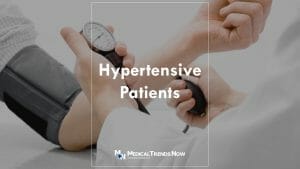
FAQs
Who is at risk of getting hypertensive?
Generally speaking, risk factors for hypertension include being overweight or obese, having a family history of hypertension, consuming too much salt or alcohol, smoking, experiencing chronic stress, and having diabetes or kidney disease.
In addition, age is also a risk factor for hypertension, as people over 45 are more likely to develop it. People of African descent are also more prone to developing hypertension than other ethnicities.
Finally, physical inactivity is another risk factor for hypertension, as leading a sedentary lifestyle can contribute to higher blood pressure levels. It is important to be aware of these risk factors and take the necessary steps to reduce them to prevent hypertension.
Is there a home remedy for hypertension?
Hypertension, or high blood pressure, is a serious medical condition affecting millions worldwide. Left untreated can lead to heart attack, stroke, and other serious health complications. Fortunately, there are several home remedies that may help manage hypertension. Some of the most common ones include regular exercise, reducing stress, avoiding processed foods and refined sugars, following a plant-based diet, and getting enough sleep.
Exercise can help reduce blood pressure by improving circulation and increasing the body’s ability to use oxygen. Reducing stress helps to decrease the number of stress hormones in the body, which can increase blood pressure.
Eating a well-balanced diet that includes plenty of fruits and vegetables can help lower cholesterol levels and improve overall health. Lastly, getting plenty of sleep helps reduce stress and allows the body to repair itself naturally. While these home remedies may not completely cure hypertension, they can help manage its symptoms and reduce the risk of serious health complications.
Takeaway
In conclusion, hypertension is a medical condition that means your blood pressure is high. Many things can cause it, but there are ways to treat it. Talk to your doctor about what you can do to lower your blood pressure.
Sources
- High Blood Pressure Symptoms and Causes | cdc.gov
- High blood pressure (hypertension) – Symptoms and causes – Mayo Clinic
- Hypertension – World Health Organization (WHO)
- High Blood Pressure (Hypertension): Causes and Symptoms – Cleveland Clinic
- What is High Blood Pressure? | American Heart Association
- What Is High Blood Pressure | NHLBI, NIH
- High blood pressure (hypertension): Symptoms and more – MTN
Disclaimer
This website is intended to educate both members of the general public and those working in the medical field on the prevalence, causes, and methods for preventing, diagnosing and treating diseases that affect people throughout their lives. This website’s content is provided solely for informational reasons and is not meant to serve as a substitute for the advice of a qualified medical practitioner.

